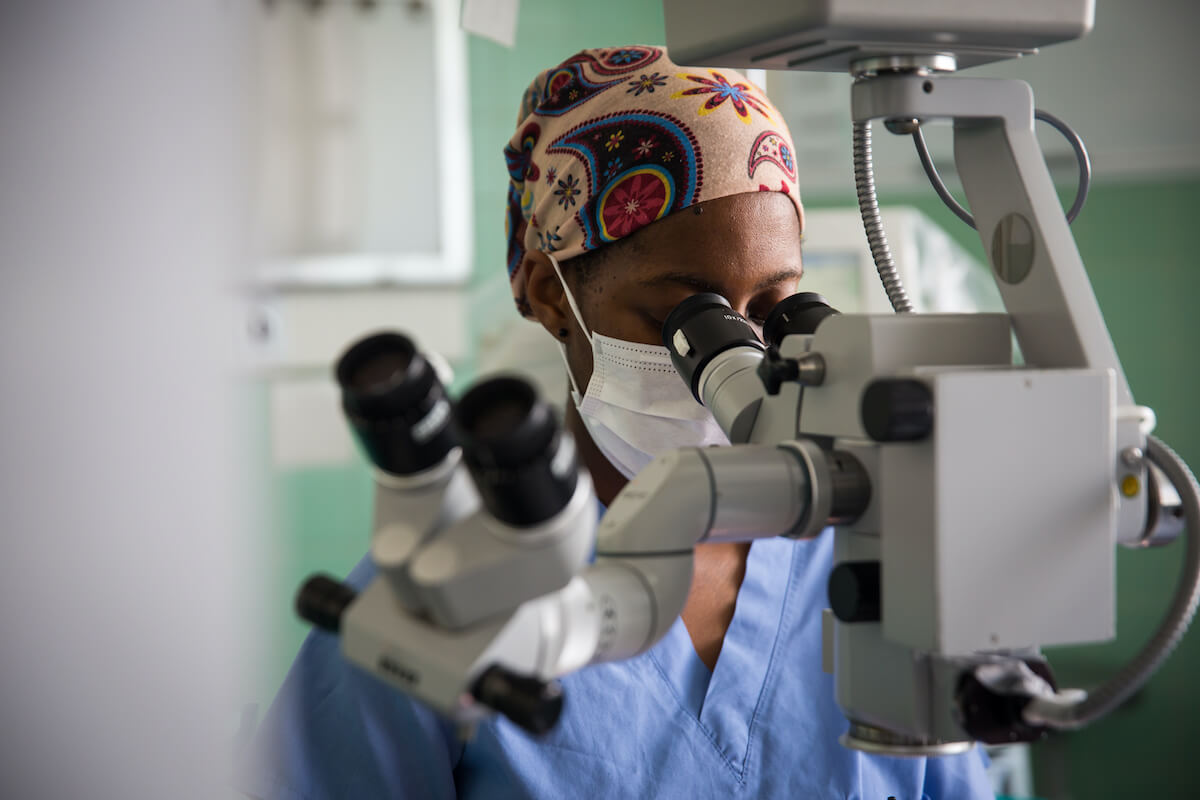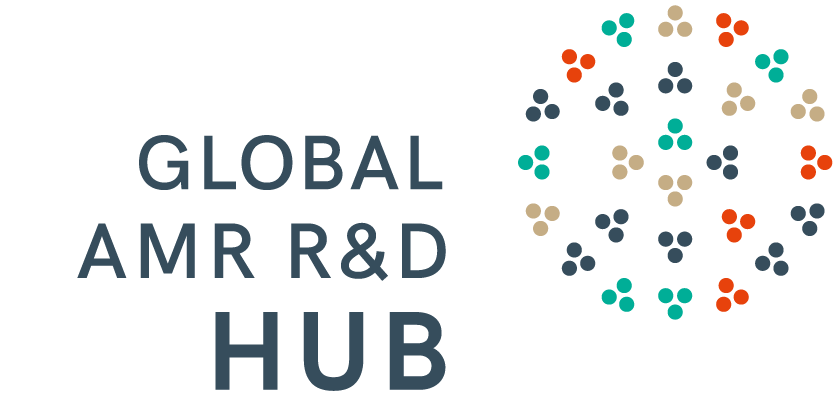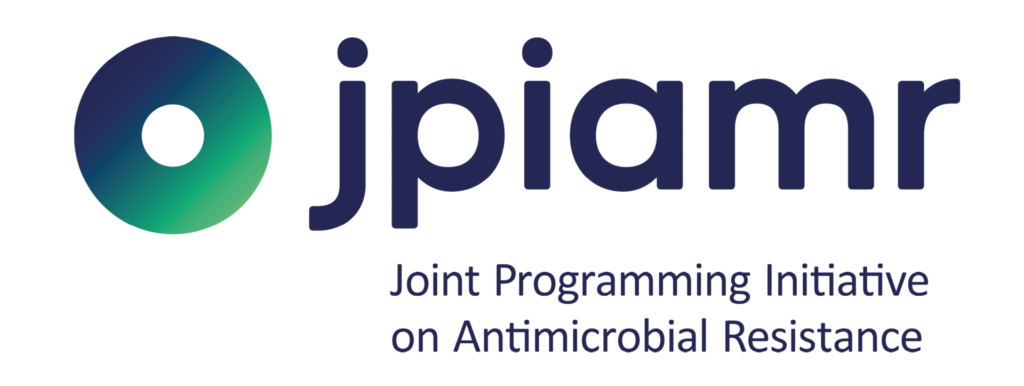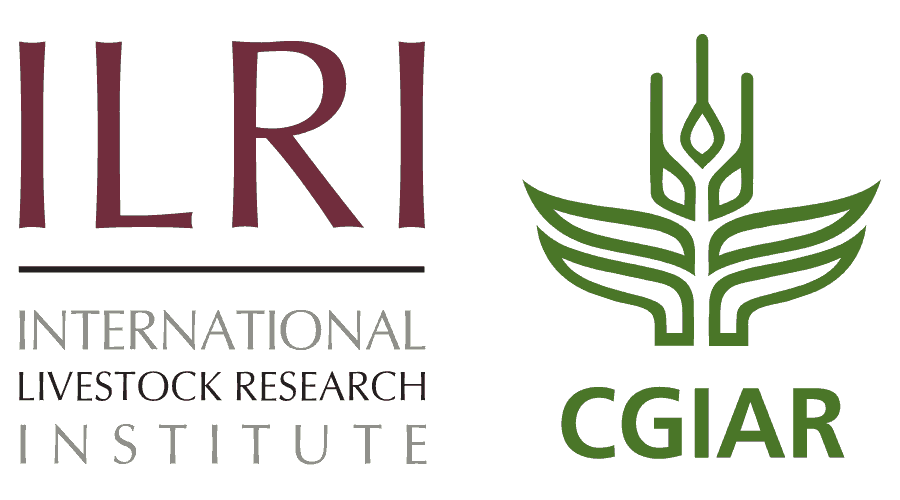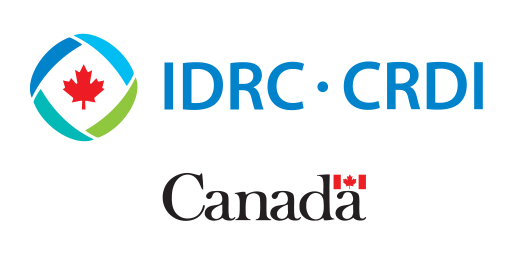Delivering change through collaboration
ICARS invites a range of Implementation Partners to join hands in mitigating AMR in LMICs. We believe that through partnerships we can add value to existing efforts, avoid duplication and deliver on real change.
Our partners are national and international organisations across the public and private sector, that share ICARS’ vision to develop and test interventions which advance the implementation of LMICs National Action Plans.
When engaging with a country to develop a research project based on national priorities, we always scope the AMR-landscape in that country to build on existing work and cooperate with other active organisations whenever relevant.
Become an Implementation Partner
Are you an organisation working to reduce drug-resistant infections? Let’s join efforts to tackle AMR in LMICs.
Please do not hesitate to contact our team for further information.
Who are we working with?
In July 2021, ICARS began a collaborative project to harness the power of the Global AMR R&D Hub’s Dynamic Dashboard and explore the current landscape of Operational and Implementation Research within Low- and MiddleIncome Countries (LMICs), in an effort to connect AMR interventions with concrete outcomes. In doing so, the partners hope to be able to develop a pathway from knowledge to shape policy, programmes and practice.
ICARS joined a call for proposals under the umbrella of the Joint Programming Initiative on Antimicrobial Resistance (JPIAMR) and within the framework of the ERA-NET JPIAMR-ACTION.
As a partner on the call, ICARS is now supporting researchers from six Low-and Middle-Income Countries to join the funded consortium.
ICARS is partnering with the International Livestock Research Institute to establish an AST Center of Excellence for serving countries in Africa, covering pathogens in humans, livestock and aquaculture. The Center will support both human and veterinary clinical microbiology laboratories in Africa in all aspects of AST, including the development of standard operating procedures, offer training, provide support for troubleshooting, and perform comparison and quality control across manufacturers.
In 2021, ICARS partnered with the International Development Research Centre to host a series of scoping roundtables to uncover gender and AMR research gaps. The knowledge from these expert discussions were then fed into a joint Request for Proposals, which resulted in the Human Sciences Research Council (HSRC), South Africa leading a one-year project to strengthen gender equality and social inclusion in LMICs across the AMR research continuum.
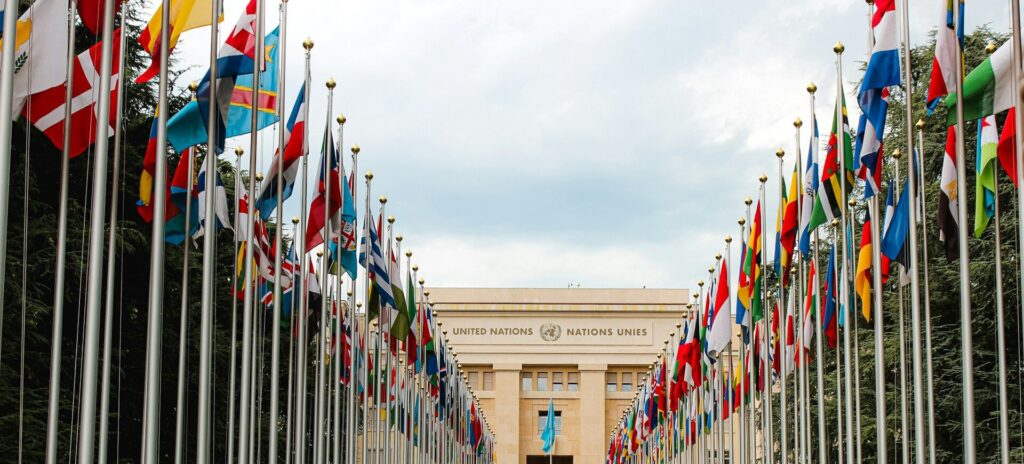
The quadripartite collaboration between WHO, Food and Agricultural Organization of the United Nations (FAO), World Organization for Animal Health (WOAH) and United Nations Environmental Programme (UNEP) are joining efforts to develop a One Health priority research agenda on AMR. In 2020 ICARS committed to support this strategic agenda which will guide countries in the design and impactful implementation of One Health AMR National Action Plans. The agenda addresses the key question of how to optimally prevent, control and mitigate AMR across sectors. As part of this collaborative agreement, since February 2021, ICARS’ Senior Scientific Advisor, Tine Rikke Jørgensen, has been seconded to the WHO AMR Division.
In December 2020, ReAct and ICARS kicked off their collaboration with an MoU sealed with a virtual elbow-bump. Our joint efforts will focus on AMR mitigation in LMICs through an interdisciplinary approach that inspires action. ICARS also aims to use the ReAct Toolbox as a resource in its advocacy and project development efforts.
With shared values regarding sustainability, capacity building, and solutions-focused approaches to global One Health challenges, the partnership provides a unique opportunity to combine our strengths. Our first collaborative project aligns with our shared recognition of the need for Antimicrobial Stewardship Programme (ASP) implementation-oriented support for LMICs. Together we have identified that the Dutch AMS Masterclass & SPICE expert consultancy developed and delivered by Radboudumc is an excellent resource that can assist in changing behaviour and practice in human use of antimicrobials and help build national capacity for expanding and maintaining antimicrobial stewardship programmes. The programme will be adapted to different LMIC contexts, together with experts from ICARS and recipient countries.

